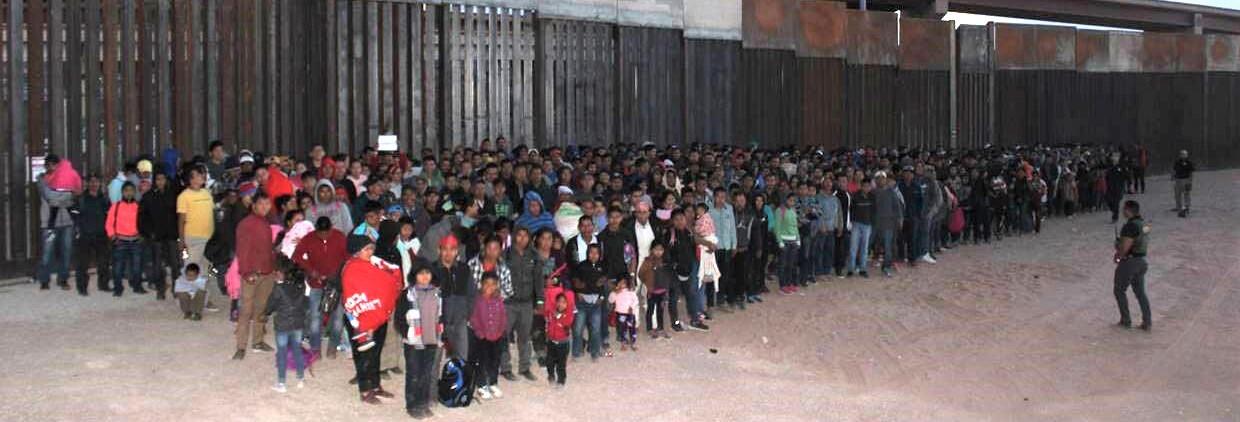The issue of border security has long been a pivotal and contentious topic within the United States, influencing not only the nation’s policy landscape but also its electoral politics. The complexity and multifaceted nature of border issues, encompassing immigration, national security, humanitarian concerns, and public health, render it a significant point of discussion and division among political parties, candidates, and voters alike. This analysis explores how border issues in the USA might impact elections, delving into historical context, current challenges, political stances, and potential future implications.
Historical Context of US Border Security
The evolution of border control policies in the United States reflects shifting priorities, technological advancements, and changing geopolitical landscapes. From the establishment of the Border Patrol in 1924 to the significant expansions of border infrastructure under various administrations, border security has been consistently redefined. Past administrations have grappled with the dual challenges of enforcing immigration laws while ensuring the humane treatment of migrants and asylum seekers. Immigration reform efforts, such as the Immigration Reform and Control Act of 1986 and the Deferred Action for Childhood Arrivals (DACA) initiative, underscore the ongoing debate over the balance between security and compassion.
Current Border Challenges
Today’s border challenges are multifaceted, including a notable increase in illegal crossings and asylum seekers, which strains the capacity of border enforcement and asylum processing systems. Drug trafficking remains a critical concern, with the US-Mexico border being a primary conduit for narcotics entering the United States, thereby influencing national security and public health. Humanitarian concerns have also come to the forefront, especially regarding the treatment of detained migrants and the separation of families. Additionally, the COVID-19 pandemic introduced new complexities to border management, affecting migrant flows and enforcement protocols.
Border Issues in the Political Arena
Political parties in the United States hold divergent views on border security, which significantly influence their policy proposals and campaign strategies. Republican stances typically emphasize strengthening border enforcement and reducing illegal immigration, while Democrats often focus on immigration reform that includes pathways to citizenship and addressing root causes of migration. These differences shape voter sentiment and can be decisive in elections, with candidates leveraging border security proposals to rally their base and appeal to undecided voters.
Impact of Border Issues on Upcoming Elections
Border security is poised to be a critical campaign issue in upcoming elections, with candidates addressing the topic to varying extents based on their party affiliation and policy priorities. Public opinion polls indicate that immigration and border security are important issues for many Americans, potentially affecting voter preferences and turnout. States with significant borderlands or immigrant populations may see these issues play a pivotal role in shaping electoral outcomes, influencing both statewide and national races.
Border Security and Election Outcomes
An examination of past elections reveals the significant impact border issues can have on voter behavior and election results. Policies such as border wall construction, family separation practices, and asylum policy changes have been central to campaign debates and voter decision-making processes. Analyzing voter turnout and preferences in regions directly affected by border policies provides insights into the relationship between border security concerns and electoral outcomes.
Future of US Border Policy and Elections
The future of US border policy is likely to continue evolving in response to global migration trends, security challenges, and political dynamics. International cooperation and policy innovation will be crucial in addressing the complex issues at the border. As these policies develop, their influence on electoral politics will remain significant, with future candidates and administrations needing to navigate the intricacies of border security in their quest for electoral success.
In sum, border issues in the USA offer a lens through which the complexities of national security, human rights, and political strategy can be examined. As the nation moves towards future elections, the discourse around border security will undoubtedly continue to evolve, reflecting the changing priorities, challenges, and values of the American people.

Insightful piece
Excellent write-up
Insightful piece